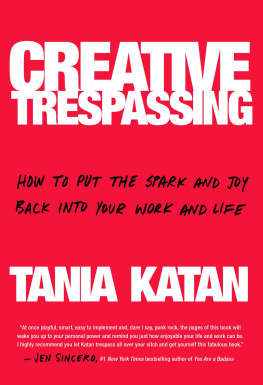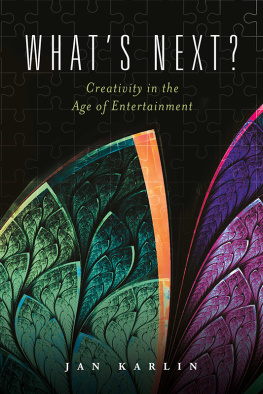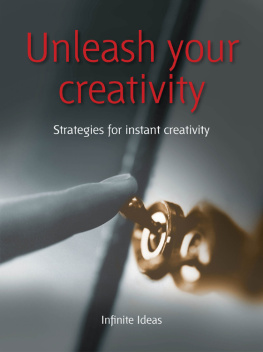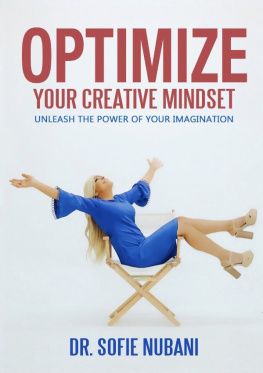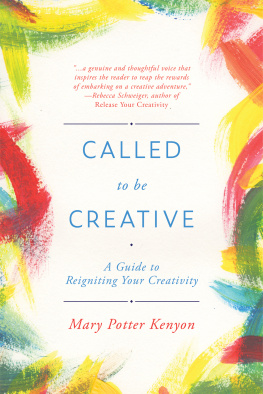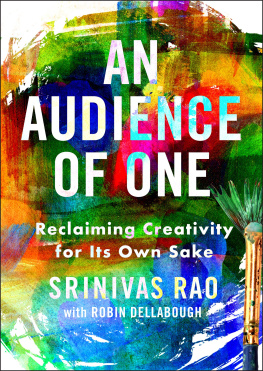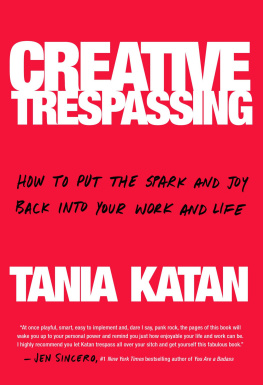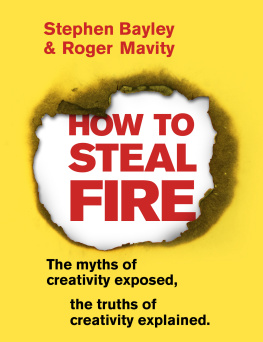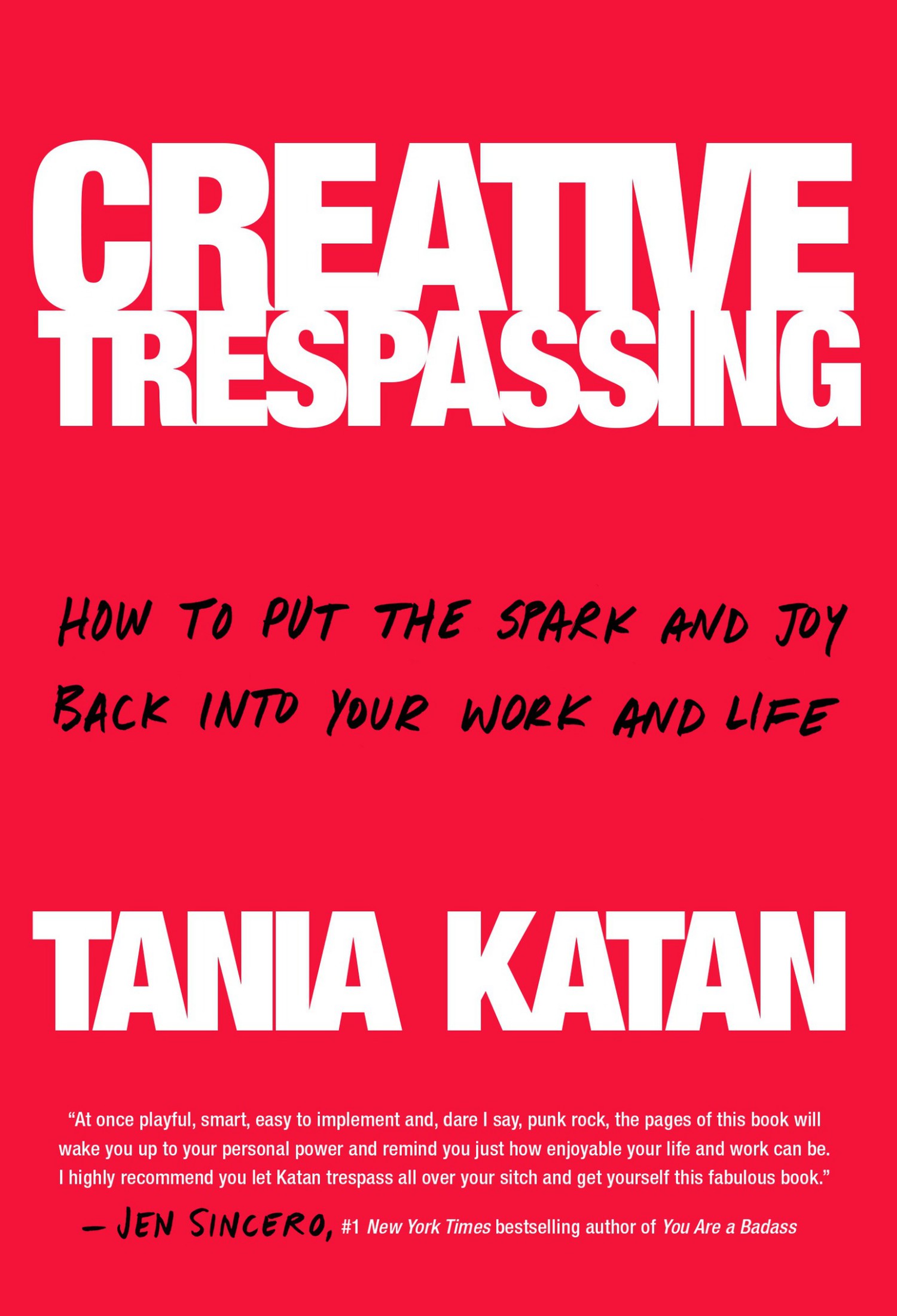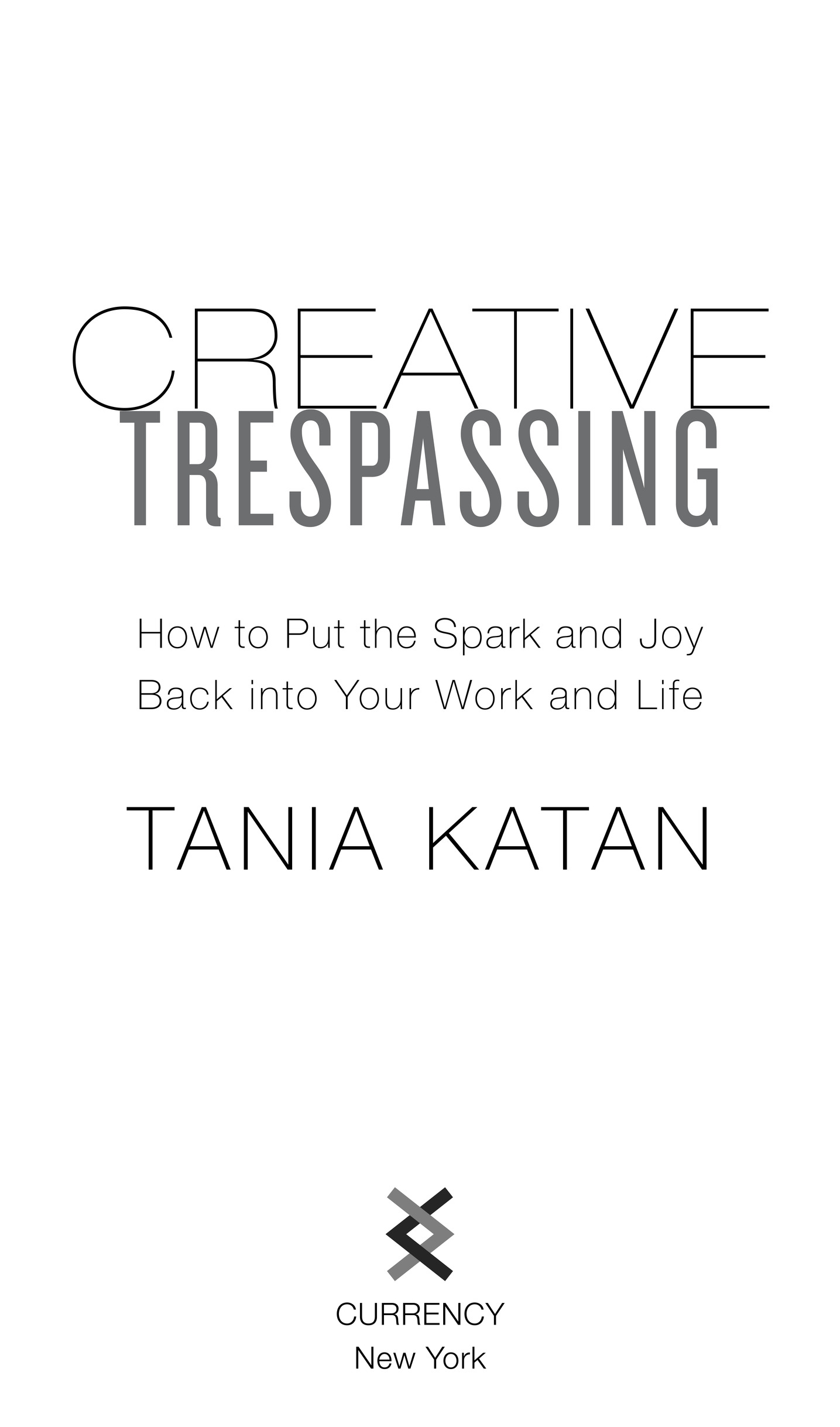All rights reserved.
Published in the United States by Currency, an imprint of the Crown Publishing Group, a division of Penguin Random House LLC, New York.
CURRENCY and its colophon are trademarks of Penguin Random House LLC.
Title: Creative trespassing : a totally unauthorized guide to unleashing your inner rebel and sneaking more imagination into your life and work / by Tania Katan.
Description: 1 Edition. | New York : Currency, [2018] | Includes bibliographical references and index.
Subjects: LCSH: Creative ability in business. | Success.
Classification: LCC HD53 .K38 2018 | DDC 650.1--dc23 LC record available at https://lccn.loc.gov/2018008909
For the risk-taking misfits who are brave enough to write fight songs on company letterhead
INTRODUCTION
NORMAL IS WHERE CREATIVITY GOES TO DIE
Why fit in when you were born to stand out?
DR. SEUSS
It seems fitting that a book about disrupting business as usual should start with the ending. So, spoiler alert: Im going to jump ahead and let you in on the punch line, the payoff, of this entire book. Its a little secret that NOBODY tells you, even though its powerful and absolutely true: You dont need to turn into a corporate drone in order to kick ass in the working world. In fact, Im here to tell you that you already have everything you need to stand out, take risks, and have a helluva lot of fun doing it. All you really have to do is trust your instincts, fire up your imagination, and stop apologizing for your magic and start unleashing it in the world! This book is about how.
It took me a long time to figure out that standing out was any kind of advantage, professional or otherwise, because I come from a long line of outsiderspeople who didnt, and would never, fit in. For most of my young life I thought I had the suckiest DNA ever! Especially because the ONLY thing I wanted while growing up was to fit in. I wanted parents who had ordinary jobs, who packed snacks in my book bag each morning and ate dinner around an actual table at a certain time each night. I wanted to live in a house, with married parents and maybe a dog, not a tiny apartment with one parent constantly on my case and the other parent on the lam.
I wanted a mother who wasnt a foreigner with a weird French accent and who didnt make me look up words in the dictionary because she didnt know English. I especially didnt want to have to look up and therefore learn phrases like ends meet and Section 8 housing and out of work at eight years old. I didnt want my mother to host parties full of artists and belly dancers and stinky French cheeses and jubilance. I didnt want my dad, a cabdriver, to have one more big idea that compelled him to bet on horses, enter into questionable surefire business ventures, or leave town unexpectedly for months or years on end. I wanted consistency. I wanted normal and I wanted it NOW. Only in hindsight would I discover that my outsider birthright and bizarro childhood were actually helping me chart my own course toward a wildly creative and fulfilling life.
When I was growing up and my single mom wasnt working two jobs as well as, in all her spare time, taking care of three unruly kids (sorry, Mom), she would take us to every arts and cultural event that started with free and ended in festival. And even though we had trouble making ends meet, Mom always found a little cash (usually stashed in her bra) to buy other peoples art, and often even a little to buy art supplies for us. Mom understood that her creativity was a gift and figured out ways to make money with it. When our classmates attended summer camps we couldnt afford, Mom bartered her art-teaching skills in exchange for the camp letting my brother, sister, and me attend. To this day she still pays the guy who fixes broken stuff around her house with homemade quiche. Mom showed us that just about anything in life could be a creative pursuit and that we could find creativity anywhere we bothered to look for it.
My dad, on the other hand, had a true gift for figuring out creative ways to make money, namely, gambling. One of my fathers glory stories was about the time he found himself down to his last hundred bucks. At that low point, most people would have filled out a job application, and then, you knowstarted working. Not my Pop. He gambled his life savings (yes, the whole $100) on a craps table in Laughlin, Nevada (couldnt even afford the real Vegas). Within twenty minutes of rolling the dice, Dad turned the last pennies he had to his name into a $500 jackpot. One could say that my father was the outsider pioneer of the work smarter, not harder movement. Or not. Its a fine line.
Between my mothers guiding philosophycreativity is currency!and my fathers mantrawhy work a regular job when you can roll an eleven and quintuple your income in twenty minutes, all while enjoying a stiff cocktail on the house?I had no idea what making a viable living could possibly look like for me. Unlike my childhood peers, who had been given a clear formula for succeeding in life (high SAT scores + college + office job = success), my parents instructions were all over the freaking map: use your creativity, value imagination, question authority, gamble, and, above all, dont be ordinary.
It would take me years to realize that my parents, in addition to enriching my future therapists, had accidentally taught me the hallmarks of success, innovation, joy, purpose, and everything else worth striving for in this world.
Still, it never occurred to me that standing out, breaking the mold, and marching to the beat of my own drum could actually be cool until I graduated from high school and enrolled in the misfit paradise known as theater school. As a boyish seventeen-year-old with little exposure to the thespian world (and even less to the lesbian world at that time), I had no idea that the theater nerds I was soon to meet would prove so validating of my nonconformist existence. In fact, the decision to go to theater school wasnt inspired by some lightbulb self-awareness moment, but rather by a field trip I took in grade school to see the play Death of a Salesman.
I know, weird, right? But thats what happened. As I stared down the barrel of what seemed to a seventeen-year-old me like the most momentous and life-defining decision I would ever face, the first thing that popped into my head was an image of Willy Loman, the ultimate conformist with his soul-sucking job, oversize gray suit, thinning hair, and air of utter desperation. He had made me feel something; he had moved me. In fact, that entire play had moved mereally far away from wanting to ever pursue a career in business. I mean, after seeing

